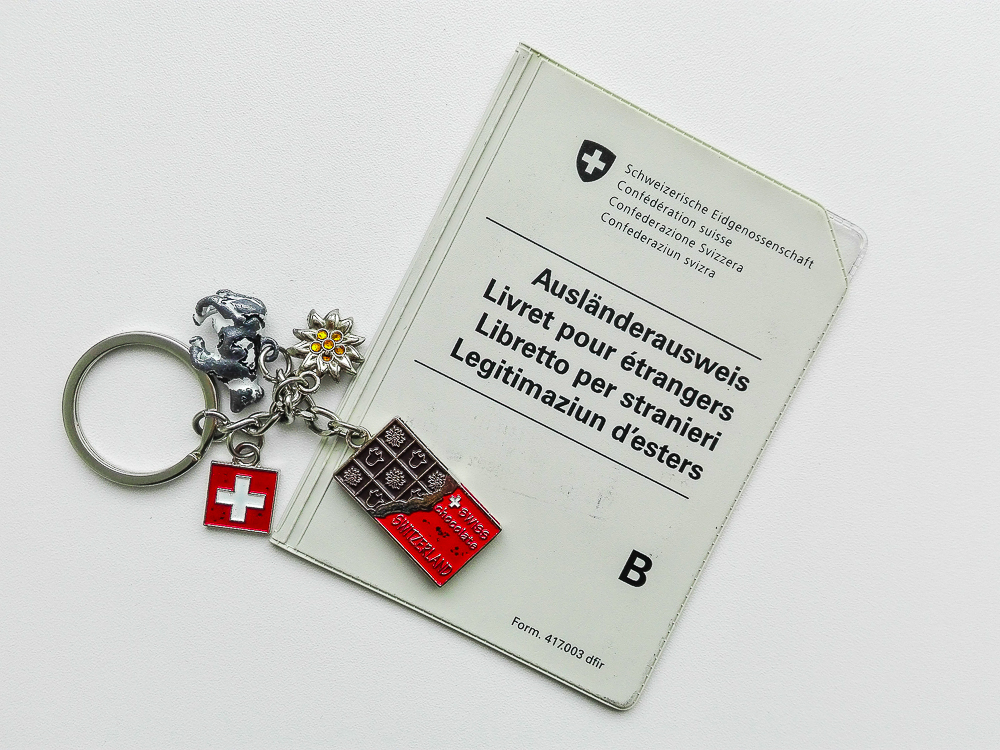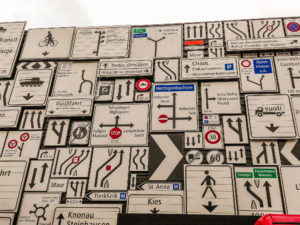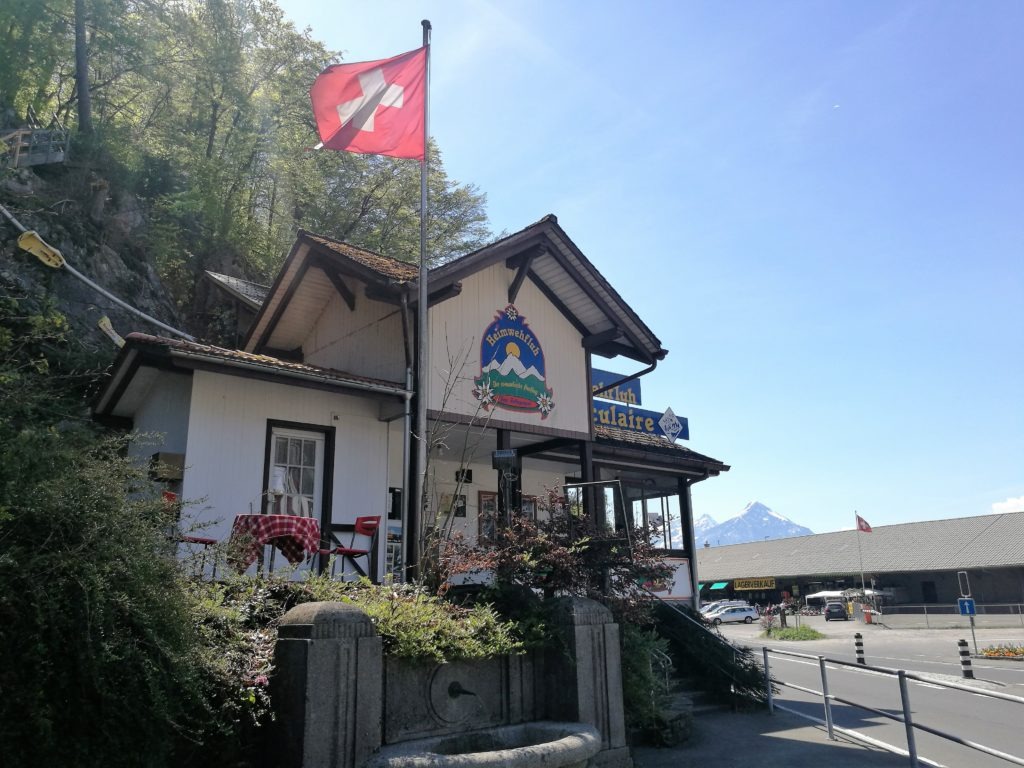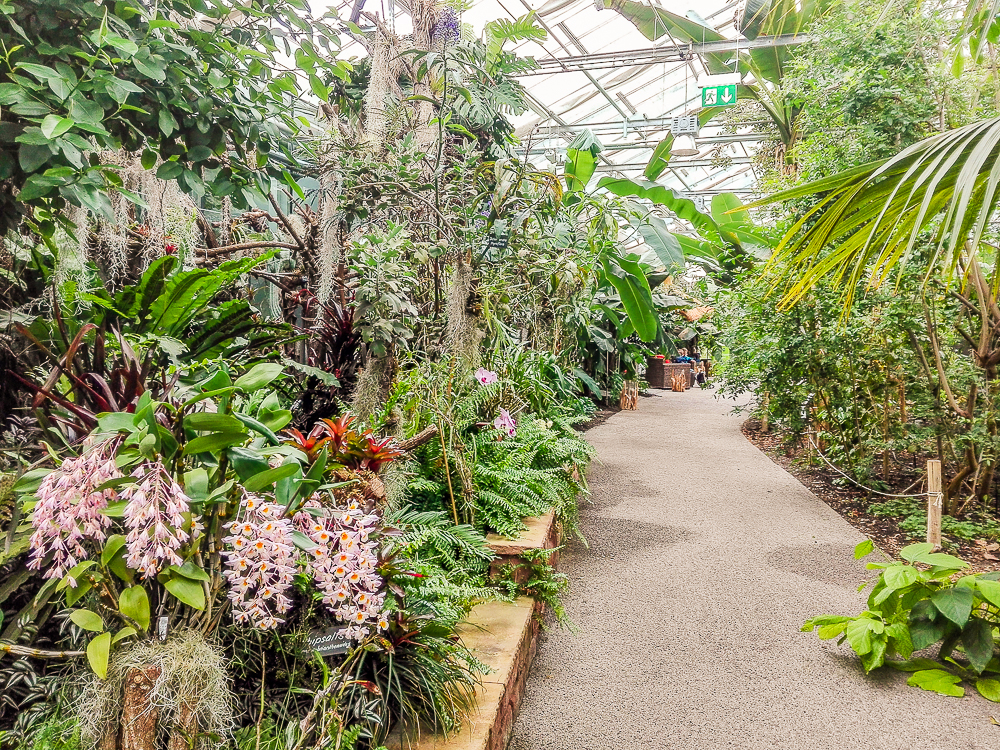To write this post I´ve been inspired by the article by Claire O’Dea: “A guide to the six phases of the immigrant experience“. And also the fact that very often I hear: “Well, you have a great life there in Switzerland, you still set out on the trips, you have no worries …”. In today’s post, you can read that life abroad is not a bed of roses as it seems from afar …
Despite the fact that we came here with enthusiasm and a positive attitude and we fell in love with Switzerland at first sight, there are still situations we face, we still have something to learn, to adapt to local customs and culture, and sometimes it is for the mind and the brain quite tiresome. Yes, we are lucky that
we are not “immigrants” in that sense we often hear in the media in the last two years. I do not mean to be ungrateful or complaining, but despite this life abroad isn´t just a cakewalk, as it may seem from afar. I would like to mention just a few things:
1. The system
At this point, it´s my husband who deserves a huge thanks and admiration, because it was he who prior to our arrival and the first months here learned everything necessary – from how the real estate market works, how to pay health and other insurance, how to register a car, how to get internet and cable TV, how rubbish collection works …In your home country when you need help with something, you simply ask friends or call the helpline, which will advise you in your language. But do all this with another system in another country, in another language, it is quite challenging. With each new official envelope, with each account, a letter that you have to translate, you say: “Does it never end?” And related to this is the next point:
2. The language
In the two years, we’ve been here, it is a constant learning process because we have to manage basically two languages at once: standard German and
spoken bärndütsch – Bernese German (I will soon write a post on basic differences between these two). And it is quite exhausting. Once you think you’ve picked up something, you just come to a situation where you feel totally helpless and can not rely on the “crutch” to help in English, because your brain slowly displaces English when you are trying to work in German.
3. The community
I think it best for your stay in a foreign country (but probably it generally applies to any new site) are children. Through them, you can make contact more easily, e.g. on the pitch. With older children, you can take sports groups or other activities, where you can meet other parents, you can exchange a few words etc.and slowly get into the local community. But for some of them, you´ll still be “the foreigner” and sometimes you will feel embarrassed, wondering if you hadn´t said some grammatical stupidity or caused any faux-pas. And these feelings of being an outsider are sometimes pretty uncomfortable.
4. The family and friends back home
When you live alone (I mean no wider family support) in a foreign country, you can not just go out with your husband to have fun and leave the kids at their grandmas´. Even if you’re lucky and find some good friends, they also usually have children, so they can´t use them as babysitters and go have fun.
It is also quite mentally challenging when you see pictures of family celebrations you have missed or hear about parties held by your friends where you haven´t been to.
You also know that family and friends have worries they have to fight and you can´t help them from a distance though you badly wanted. You feel you´ve let them down by not being there in times of trouble. And it bothers you, you feel sadness and regret that you cannot be with them.
You are trying to be in touch with all your friends at home, but you are sorry that some of them are slowly forgetting you.
Despite everything, a stay abroad is an immensely rewarding experience, culturally and linguistically and socially. Also, teaches you to handle things that you previously thought were intractable. As a family, it makes you stronger because you have to work as a team and you have to rely only on yourselves.
Finally, I want to say that I certainly had no intention of causing any negative feelings, but show the reality of life abroad the way it seems to us. But it’s our life, a path we have chosen and after we go.
And what about you? Have you ever lived abroad? How your experience has been?
If you don´t want to miss any of my recent posts please sign up for my blog in the top right-hand corner of this page. Thank you. Be sure to follow me on Facebook, Pinterest, and Instagram.
And of course, I look forward to reading all your comments.


















3 Comments. Leave new
I admire everyone who makes it in a foreign country, especially one with a challenging language.
For what it’s worth, I am Swiss, and I also feel as an “outsider” of some sort in many situations . It’s a close-knit community, and if you’re “different” they will always look at you in a certain way. I try to ignore it.
Keep up your courage and exploring spirit!
Thank you, Tamara, for your supportive comment! I really appreciate it!